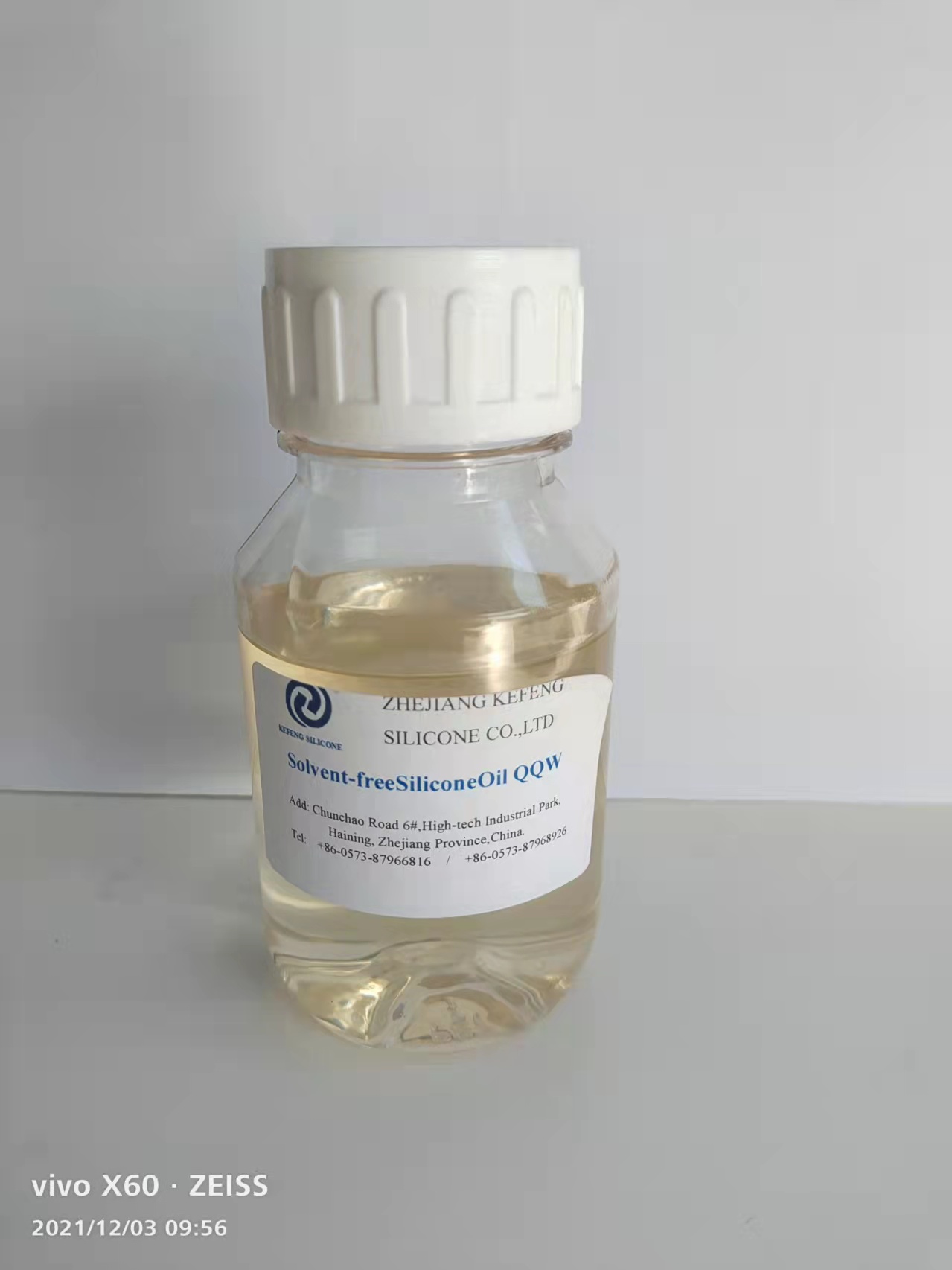

Views: 1 Author: Site Editor Publish Time: 2023-11-09 Origin: Site

Advanced textile finishing agents refer to a range of chemicals that are used to treat fabrics in order to enhance their performance. These agents are applied to fabrics during the final stages of textile production and are designed to provide a range of benefits including durability, water and stain resistance, and UV protection.
One of the most common types of textile finishing agents is the silicone-based agent. Silicone agents are known for their excellent water and stain repellency, making them ideal for use on outdoor fabrics, such as those used in tents, awnings, and outdoor clothing. They also offer excellent heat and chemical resistance, making them ideal for use in industrial applications like flame retardant textiles.
Another popular type of textile finishing agent is the fluoropolymer-based agent. These agents are known for their excellent water and oil repellency, and are often used to treat garments and furnishings that will be exposed to heavy use and staining. They are also known for their anti-microbial properties, which make them ideal for use in hospitals and other healthcare settings.
Other types of textile finishing agents include antimicrobial agents, which help to reduce the growth of bacteria and other microorganisms on fabrics, and UV blocking agents, which help to protect fabrics from the damaging effects of sunlight.
In addition to their functional benefits, advanced textile finishing agents also offer aesthetic benefits such as improved color retention and the ability to create unique surface textures and finishes.
Overall, advanced textile finishing agents are an important component of the modern textile industry, helping to enhance the performance and durability of fabrics and textiles used in a wide range of applications. As the industry continues to evolve, it is likely that we will see the development of new and innovative finishing agents that offer even greater benefits to consumers and manufacturers alike.
